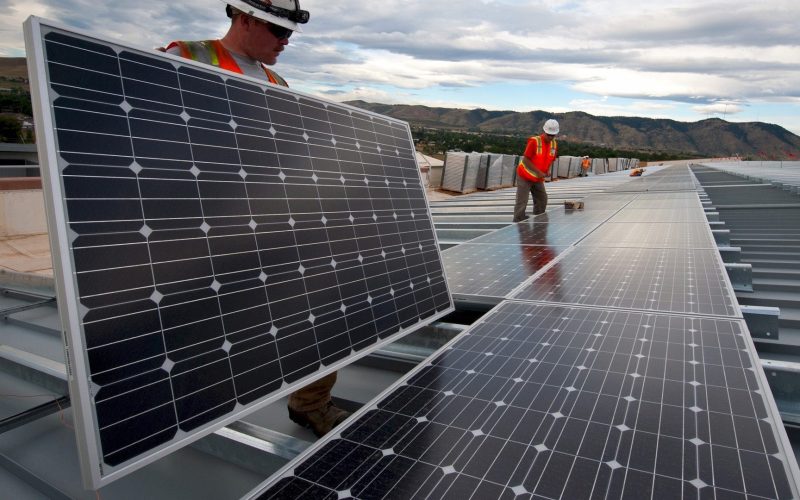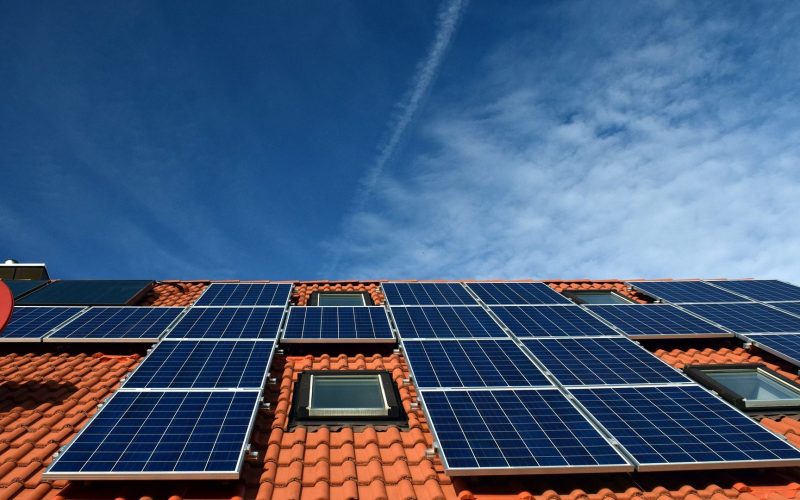THE VOICE FOR THE ENERGY CONSUMER

The Gulf of Mexico (GOM) provides families and businesses across Alabama, the Gulf Coast region, and the nation with reliable American energy so families and businesses can more affordably power.

The U.S. Department of the Interior (DOI) is currently considering the inclusion of the Atlantic in the 2019-2024 offshore energy leasing program. Offshore Atlantic energy resources are vast, and could.

The U.S. Department of the Interior (DOI) is currently considering the inclusion of the Atlantic in the 2019-2024 offshore energy leasing program. Offshore Atlantic energy resources are vast, and could.

Brydon Ross, Vice President of State Affairs for Consumer Energy Alliance, discusses how updating outdated energy policies can both support the growth of solar energy and provide families with more.

TALLAHASSEE, FL — February 8, 2018 — Consumer Energy Alliance (CEA), a national advocate for energy consumers, along with various Florida organizations joined together today to show support for the.

The U.S. Department of the Interior (DOI) is currently considering the inclusion of the Atlantic in the 2019-2024 offshore energy leasing program. Offshore Atlantic energy resources are vast, and could.

The U.S. Department of the Interior (DOI) is currently considering the inclusion of the Atlantic in the 2019-2024 offshore energy leasing program. Offshore Atlantic energy resources are vast, and could.

The Gulf of Mexico (GOM) provides families and businesses across Mississippi, the Gulf Coast region, and the nation with reliable American energy so families and businesses can more affordably power.

Houston, TX — A key manufacturing executive has taken a leadership position on Consumer Energy Alliance’s (CEA) board of directors, the organization’s president David Holt announced today. Brett Vassey, president.

LOUISVILLE, KY — Consumer Energy Alliance (CEA), a national advocate for energy consumers and households on fixed incomes today praised the House Natural Resources and Energy Committee for its passage.